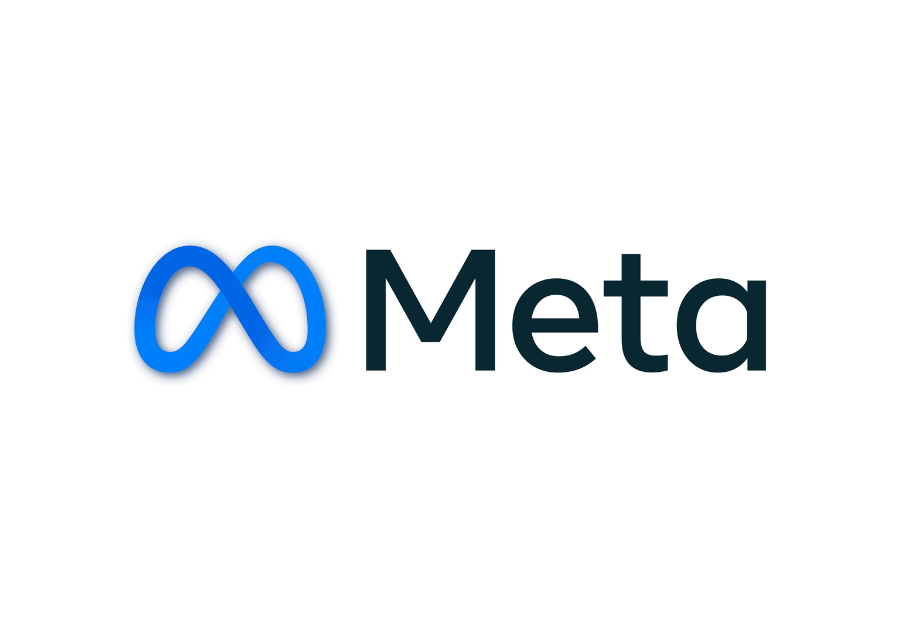Karnataka, India’s technology hub, has proposed a new law that could send people to jail for up to seven years for spreading fake news or misinformation. The move has raised concerns among free speech groups, who fear it may lead to online censorship.
The southern state is home to Bengaluru, where many major Indian and global tech companies operate. Karnataka’s draft law, called the Mis-Information and Fake News (Prohibition) Bill, is considered the strictest of its kind in the country so far. It proposes jail terms and fines for those who share fake news, anti-feminist content, or promote superstition.
The bill is 11 pages long and does not clearly define what counts as an offence. It mentions that special courts and a regulatory committee would be created to enforce the law.
With nearly 1 billion internet users and a diverse population, India faces serious risks from fake news, especially during elections. AI-generated deepfake videos have also raised alarm among officials.
India’s federal government already has laws to control online content and can order platforms to take down disputed material. But now, states like Karnataka are introducing their own rules.
Free speech activists worry that such laws could be misused. Apar Gupta, founder of the Internet Freedom Foundation, which first revealed the draft bill, warned that the law could be used against ordinary internet users.
“Misinformation is fairly subjective and every person who uses the internet is susceptible to falling within the dragnet of this law,” Gupta said.
Some legal experts have also raised concerns. Aman Taneja, partner at law and policy firm Ikigai, pointed out that different rules from states and the central government could create confusion for tech companies.
Karnataka’s IT Minister Priyank Kharge said on Friday, “there is a lot of misinformation on the proposed Misinformation Bill in public.” He added that the “sole objective is to address the growing digital information disorder” and that the government only aims to tackle misinformation and fake news, “and nothing beyond that.”
Kharge did not respond to further queries on Monday.
The Karnataka government has said the bill will be opened for public consultation before any final decision.
Meanwhile, some Indian media outlets have criticised the proposal. The Deccan Herald published an editorial titled “A remedy that’s worse than the menace,” urging the state to “do away with the criminal provisions” in the bill.
India has previously urged global tech giants like Google to act faster in removing fake news. In 2019, the federal government also set up a “Fact Check Unit” to counter misinformation.
Also read: Viksit Workforce for a Viksit Bharat
Do Follow: The Mainstream formerly known as CIO News LinkedIn Account | The Mainstream formerly known as CIO News Facebook | The Mainstream formerly known as CIO News Youtube | The Mainstream formerly known as CIO News Twitter |The Mainstream formerly known as CIO News Whatsapp Channel | The Mainstream formerly known as CIO News Instagram
About us:
The Mainstream formerly known as CIO News is a premier platform dedicated to delivering latest news, updates, and insights from the tech industry. With its strong foundation of intellectual property and thought leadership, the platform is well-positioned to stay ahead of the curve and lead conversations about how technology shapes our world. From its early days as CIO News to its rebranding as The Mainstream on November 28, 2024, it has been expanding its global reach, targeting key markets in the Middle East & Africa, ASEAN, the USA, and the UK. The Mainstream is a vision to put technology at the center of every conversation, inspiring professionals and organizations to embrace the future of tech.



